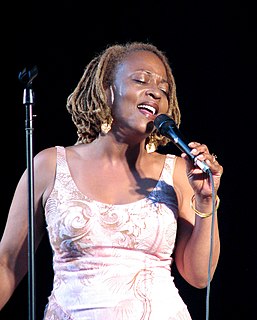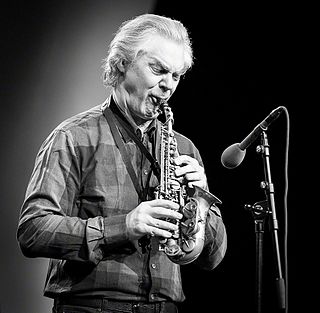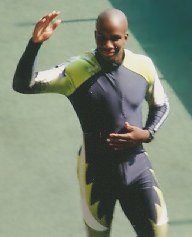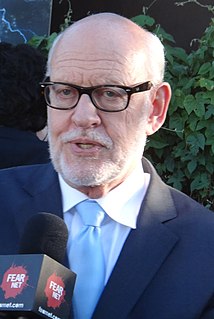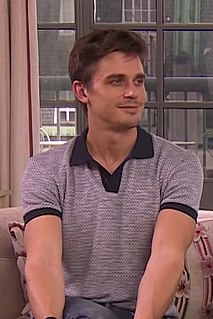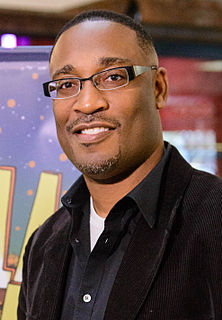A Quote by Cassandra Wilson
Miles Davis was doing something inherently African, something that has to do with all forms of American music, not just jazz.
Related Quotes
I visited New York in '63, intending to move there, but I noticed that what I valued about jazz was being discarded. I ran into `out-to-lunch' free jazz, and the notion that groove was old-fashioned. All around the United States, I could see jazz becoming linear, a horn-player's world. It made me realize that we were not jazz musicians; we were territory musicians in love with all forms of African-American music. All of the musicians I loved were territory musicians, deeply into blues and gospel as well as jazz.
Someone should have a record that doesn't have any singing. It's my favorite Miles Davis record. I love hanging out in the summer, in New York, when it's miserably hot. I love electric Miles Davis in the summer. Jack Johnson, the songwriting especially, is a premier example of that. It always makes me feel hot in the city. It's also nice to have something not yelling in your ear. For me, as a lyricist, it's nice to put on something without any words.
